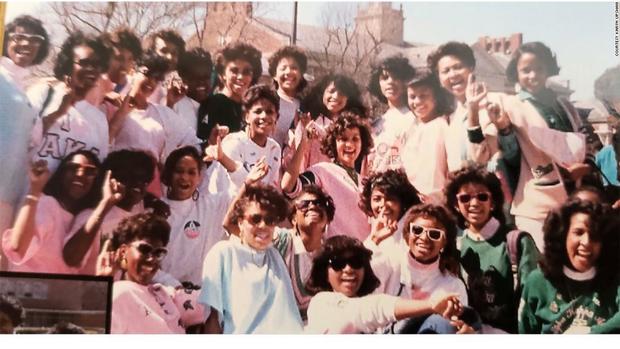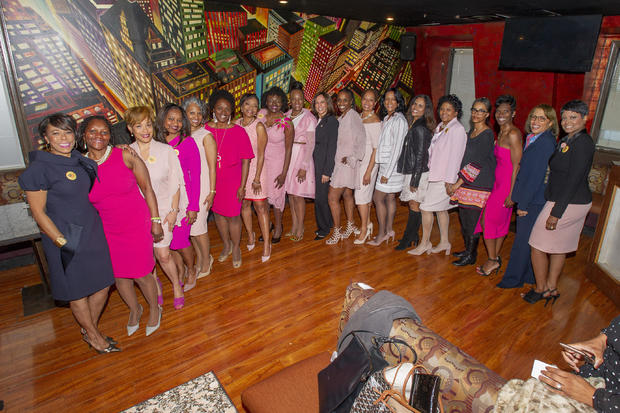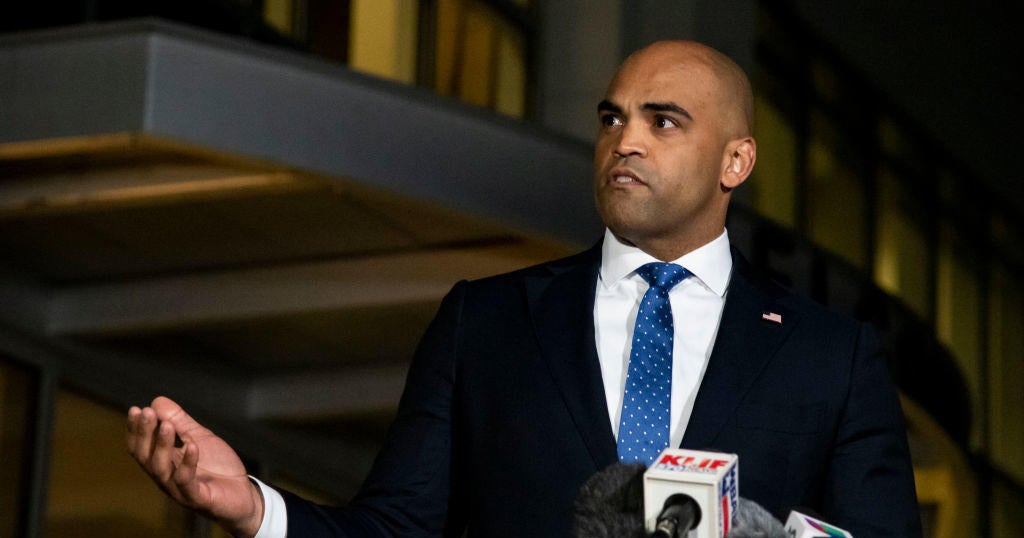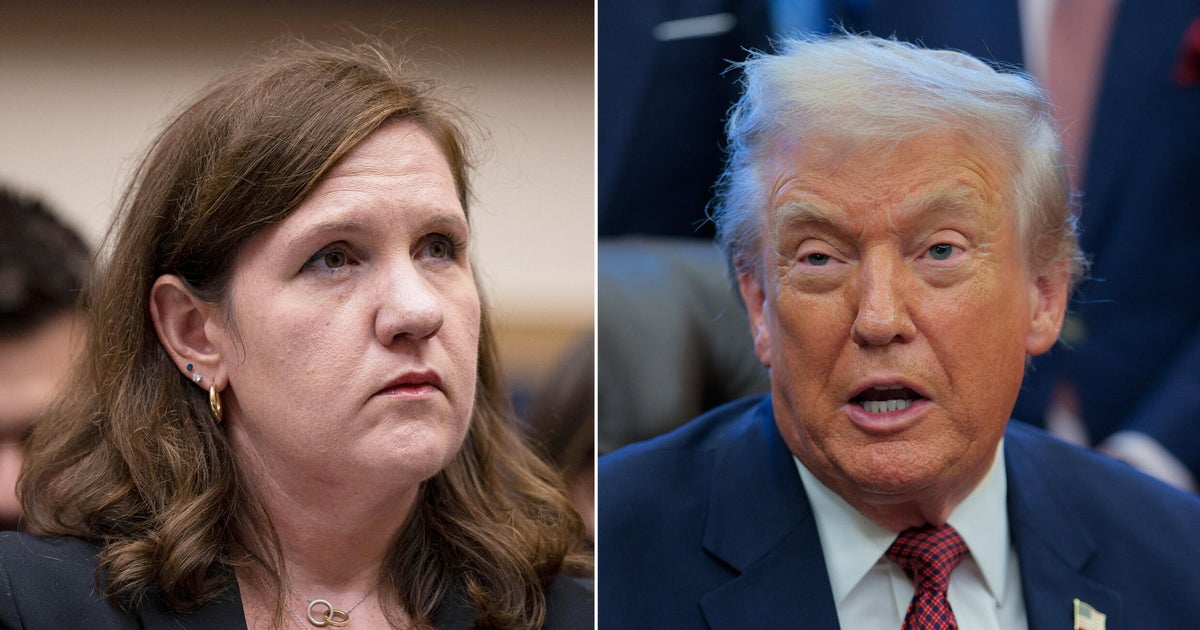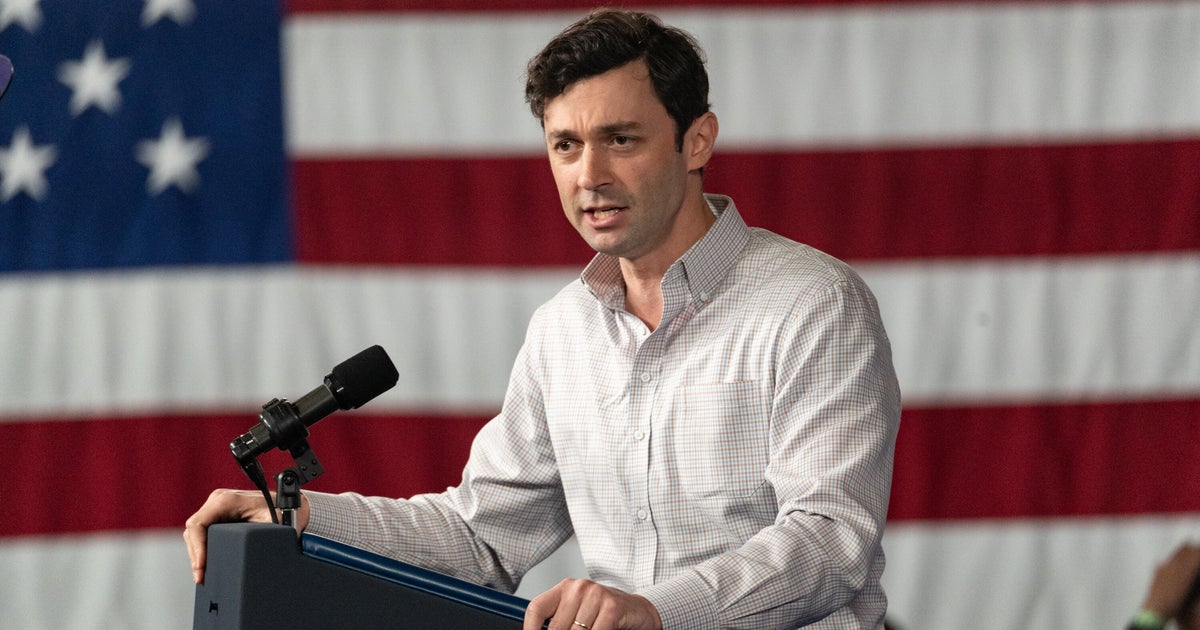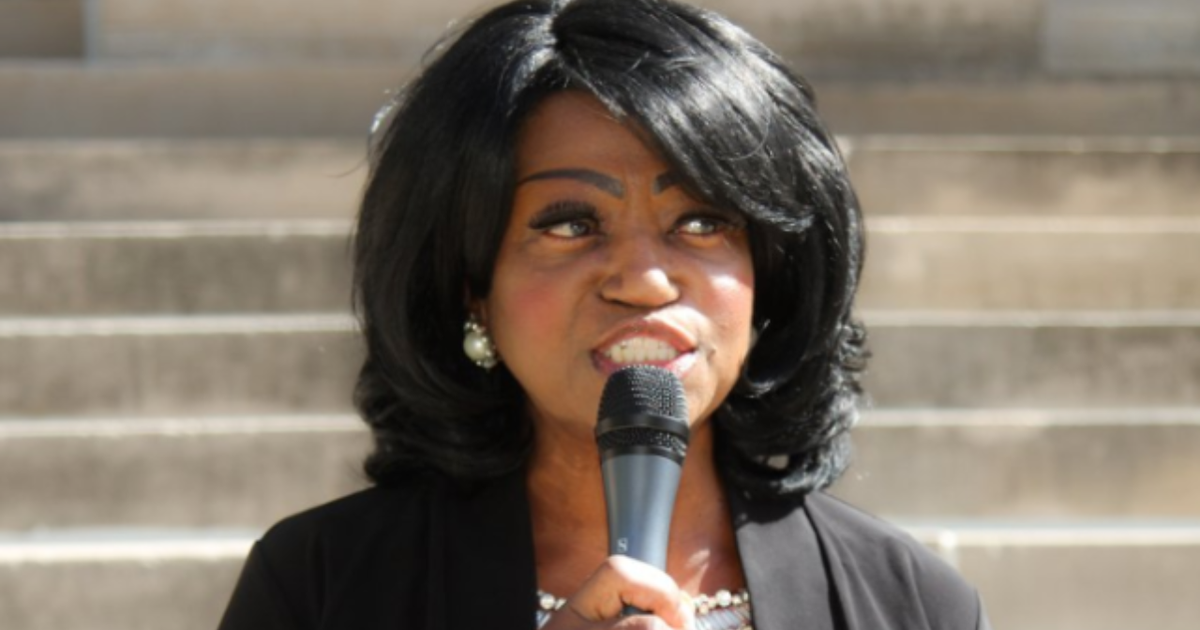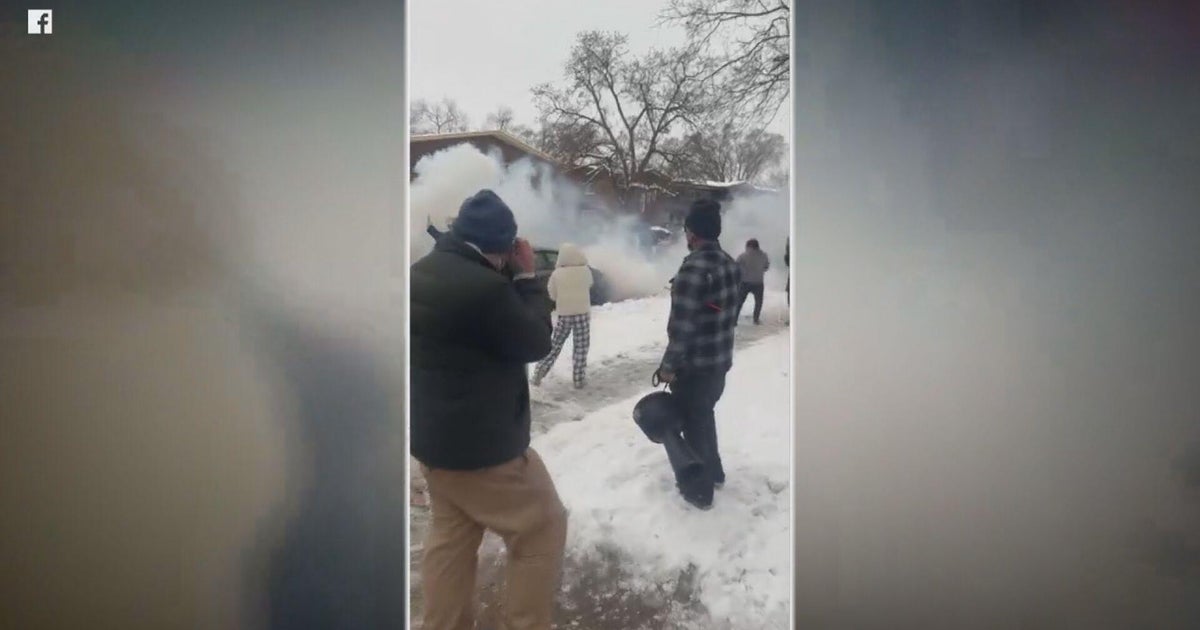How Kamala Harris' education at a black college shaped her
The only Democratic candidate educated at a historically black college will have an opportunity to debate at at an HBCU Thursday evening when the field takes the stage for the third presidential debate, at Texas Southern University in Houston. Harris, who graduated from Howard University, cherished her time there and that was a message she wanted to convey to TSU's students.
She took out a full-page ad in the student newspaper and wrote the students an open letter about her experience at Howard, which she ranked as one of the two things that had a "profound impact" on her life, just behind her mother and her family.
"I'll always remember freshman orientation," Harris recalled, "walking into the auditorium and seeing hundreds of people — and everyone looked like me."
To attend an HBCU is, she said, to be "constantly reminded you are young, gifted and Black." And that experience, she suggested, prepared her for spending "my career in rooms where I was the only one who looked like me. I know how important it is to center our voices in the conversation as we build an America we can all see ourselves in."
It's a sentiment echoed by Jill Louis, a Howard University board member and longtime Harris supporter who's looking forward to seeing her debate at an HBCU.
"[HBCUs] were started to give us an opportunity and we have taken that opportunity and turned it into how to achieve excellence," Louis told CBS News. "It's a powerful symbol and I don't think it will be lost on the senator at all."
A big part of Harris' time at Howard was also the black sorority she joined in her senior year, "my beloved Alpha Kappa Alpha sisters," as she refers to them in her letter. "We danced on Friday nights and protested on Saturdays."
Harris and her sorority sister Jill Louis joined AKA at Howard in the spring of 1986. Their "line" — the collective group of 38 young women who pledged that year — dubbed themselves, 38 J.O.I.S. or "Jewels of Iridescent Splendor."
Lorri Saddler, another line sister, said the AKA chapter on Howard's campus didn't accept new members Harris' junior year but as a senior, Harris was an ideal candidate.
"She was becoming a member of the sorority, but she was bringing something to the table and that's certainly something that we look for," said Saddler. She added, "We're not looking for people to become something because they became a member of the sorority but actually bring the sorority along with them, in terms of the impact that they could have on campus."
Saddler remembered Harris as a leader, especially in chaotic situations like when the line had to quickly "get out the door," going to different events together. They had to do so wearing similar black coats. "...I got a coat that's missing a button or I got a coat that is like three sizes too big or too small, but Kamala would always end up with that Peter Pan collar," laughed Saddler. "That just always kind of became my joke: no matter what happens, as long as Kamala's got her coat, we're good [but] if she ends up with the wrong coat, then we got a problem!"
Many of her line sisters have affectionate memories of Harris and described her as "unflappable." Today Harris' line is mobilizing to help her presidential bid. In the nine months since Harris launched her campaign, Louis says the line has raised hundreds of thousands of dollars across the country.
AKA is the nation's oldest black Greek-lettered sorority and boasts nearly 300,000 members. There are nine black Greek sororities and fraternities that make up a coalition commonly referred to as the "Divine 9." Most of the Divine 9 organizations started at HBCUs, which were created to educate and empower black students who were blocked from attending colleges with white students. There are more than 100 HBCUs across the country and more than a million Divine 9 members around the world.
But while the network of Divine 9 and HBCU alumni may help Harris get a hearing, her affiliations alone won't be the sole deciding factor, says Dr. Jack Monell, a justice studies professor at Winston-Salem State University, a North Carolina HBCU.
"I would argue that you being affiliated with any one of our Divine 9 or HBCU institutions would afford you an opportunity to come to the table and at least speak to what your agenda is and what you plan to do for our community," said Monell, who is an Omega Psi Phi fraternity member. "But that doesn't guarantee by no means that—HBCU, Divine 9, whatever—that doesn't guarantee that they will ultimately vote for you."
The HBCU alumni and black community are not a monolithic voting bloc, Monell said.
"I think many of us are sophisticated enough and angry enough and displeased enough that we're no longer just going to be like, 'Oh she's black, she's an AKA, she went to Howard," said Monell. "You can't just be a black candidate and assume the black community's going to vote for you. I think, yes, President Obama did use that up."
The latest CBS News puts Harris fourth in overall early contests, and in New Hampshire and Iowa, she has slipped to fifth place. After a breakout moment in the first debate, when she went after Joe Biden for supporting federally mandated busing, Harris stumbled in the second debate, struggling to defend her health care plan and criminal justice record.
With the mass shootings in El Paso, Dayton and Odessa last month, and discussions between Congress and the White House on gun control proposals, the topic is sure to come up on stage Thursday. Harris just released a criminal justice reform plan that could inform her responses on the issue during the debate.
Louis, who plans on attending the Thursday debate, told CBS News "I think that it will be somewhat electrifying to have that full circle of the meaning and prominence of an HBCU and what a graduate of an HBCU can aspire to."
